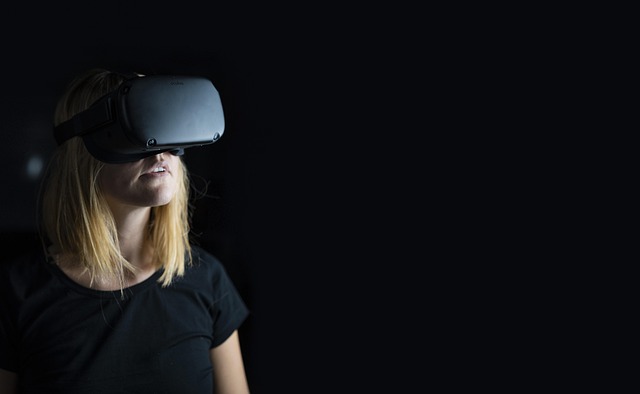Exploring the Future of Education: Virtual Learning Experiences in VR, AR, and the Metaverse
The landscape of education is undergoing a transformation like never before, unlocking new pathways for learning that once existed only in our imaginations. Virtual learning experiences powered by Virtual Reality (VR), Augmented Reality (AR), and the burgeoning metaverse are at the forefront of this educational revolution, promising to redefine how we interact with knowledge.
Virtual Reality: A Whole New World of Learning
Imagine stepping into a fully immersive world where the boundaries of the classroom dissolve. Virtual reality creates this unique environment, allowing learners to engage with content in an interactive manner. Through realistic simulations and 3D environments, students can explore ancient civilizations, conduct intricate scientific experiments, or even traverse the cosmos—all from the comfort of their own homes.
The emotional impact of this virtual learning experience is profound; it makes education feel less like a chore and more like an adventure. As learners don VR headsets, they are transported to places where traditional textbooks fail to take them, sparking a sense of wonder and curiosity that is crucial for effective learning.
Augmented Reality: Bridging the Gap Between the Physical and Digital
While VR immerses students into entirely new worlds, augmented reality enhances the real world, allowing learners to see digital information overlaid on their environment. This form of virtual learning experience can turn a simple biology lesson into an exciting exploration of the human body, where students can interact with and manipulate 3D models right in their classroom.
The beauty of AR lies in its ability to make abstract concepts tangible. It engages different senses, making learning more memorable and impactful. For instance, imagine holding up your device to a textbook and watching a historical figure come to life, narrating their story—this interactivity fosters a deeper connection to the material, ensuring concepts are not just learned but truly understood.
The Metaverse: The Classroom of the Future
The metaverse represents the ultimate convergence of virtual and augmented realities, offering a social dimension to virtual learning experiences. Within this expansive digital cosmos, classrooms can be as diverse as our imagination allows. Students from all corners of the globe can gather in a virtual environment, collaborate on projects, or engage in discussions that transcend geographical barriers.
This shared space not only enriches the learning experience but also cultivates a global community among learners. It encourages empathy, understanding, and collaboration, skills that are vital in today’s interconnected world. Imagine discussing Shakespeare with a peer from another continent in a virtual theater, or brainstorming solutions to world issues alongside students from diverse cultural backgrounds—all made possible through the metaverse.
As we explore the future of education, it becomes clear that virtual learning experiences in VR, AR, and the metaverse are not just trends; they are gateways into a more engaging, inclusive, and effective way of learning. The promise of these technologies lies in their potential to elevate education, making it a dynamic and interactive journey rather than a static process. Embracing this evolution invites us to rethink our approach to learning and teaching, ensuring that we are not merely preparing students for the future but inspiring them to shape it.



